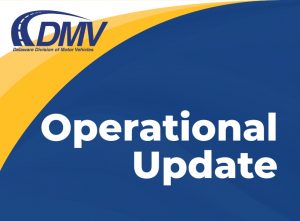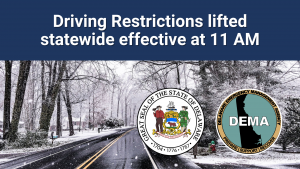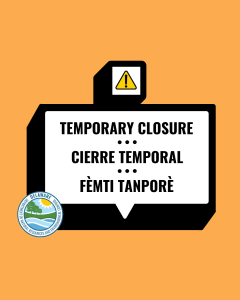New Delaware law addresses improvements needed across the country
Dover, DE – A report released today by the National Council on Teacher Quality (NCTQ) and U.S. News & World Report demonstrates a nationwide need for efforts like the law Governor Jack Markell signed last week to improve teacher preparation programs. For the study, more than 1,100 colleges and universities had their programs evaluated. Only 20 elementary school preparation programs in the country (3 percent of those rated) received at least three stars (on a four star scale), while just 84 secondary preparation programs (14 percent of those rated) reached that level.
The report shows that Delaware programs must deal with areas of concern seen throughout the country by establishing more rigorous training and addressing areas such as selectivity of admissions, early reading instruction, elementary math instruction, student teaching and content preparation.
As NCTQ notes in its release on the state’s programs: “Just last week, Delaware Governor Jack Markell signed new legislation addressing teacher preparation programs. Among the provisions in the bill, the selection requirements and the requirement for a performance assessment are especially noteworthy and the law gives Delaware the ability to set among the highest standards in the nation for teacher preparation programs. ”
The new law establishes high-quality student teaching experiences, ongoing evaluation of prospective teachers, and specific literacy and math instruction geared to the needs of elementary school teachers. In addition, Delaware’s new teachers will have to pass assessments of their content knowledge and performance before licensure. In his State of the State, Markell issued a call to action for bringing more great teachers into Delaware classrooms, mentioning “a rigorous exit assessment” that “includes demonstration of content knowledge as well as teaching skills” as part of his proposals.
“Teacher quality is the most important school-related factor in giving students the skills they need to compete in the global economy,” said Markell. “We need a comprehensive effort that holds our teachers to high standards, while ensuring they receive resources and opportunities to promote student achievement.
“The teacher preparation law passed in Delaware offers a model to address the challenges highlighted in NCTQ’s report by: improving teacher training practices, requiring a rigorous assessment to qualify to be a teacher, and tracking the performance of teacher preparation programs. We must sustain our full commitment to these efforts so that our teachers have the tools they need to excel in their vital mission of helping our students succeed.”
Delaware State Education Association President Frederika Jenner and Jon Sell of Sussex Tech, who was named Delaware’s 2013 Teacher of the Year, have spoken in favor of the new law, which has also received support from school districts and the higher education institutions that run Delaware’s teacher preparation programs.
The law already specifically focuses on upgrading key components of teacher preparation highlighted by NCTQ.
- Selectivity in admissions: Preparation programs are required to set high program entry requirements. Students must enter with a GPA of at least 3.0, a GPA in the top 50% of their class, or pass a state-approved exam. (Programs may waive requirements for up to 10% of program participants.)
- Early reading and elementary math instruction: Preparation programs are required to prepare elementary teaching candidates in the science of reading instruction and appropriate mathematics content.
- Student teaching: Preparation programs will be required to have a high-quality student teaching experiences with clinical experiences interwoven throughout and aligned with the program’s curriculum. Programs must include a clinical residency component that consists of at least ten weeks of full-time student teaching.
- Raising standards for licensure: The law requires content exams and performance assessments before teachers receive their licenses.
- Holding programs accountable for the effectiveness of their graduates by using data on teacher effectiveness: The law requires collaboration with the Department of Education to track and report data on the effectiveness of graduates. The Department will use preparation program data in its program approval process.
###














































































